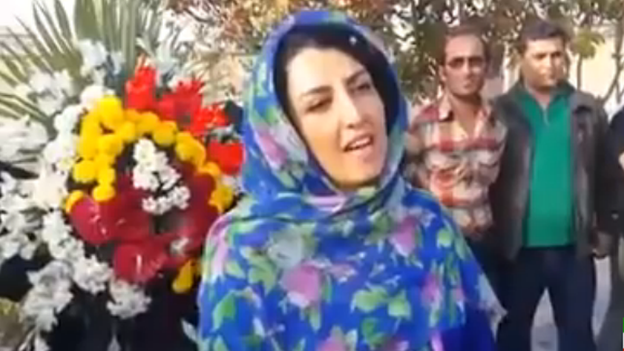Amnesty highlights 'disturbing rise' in global executions
- Published
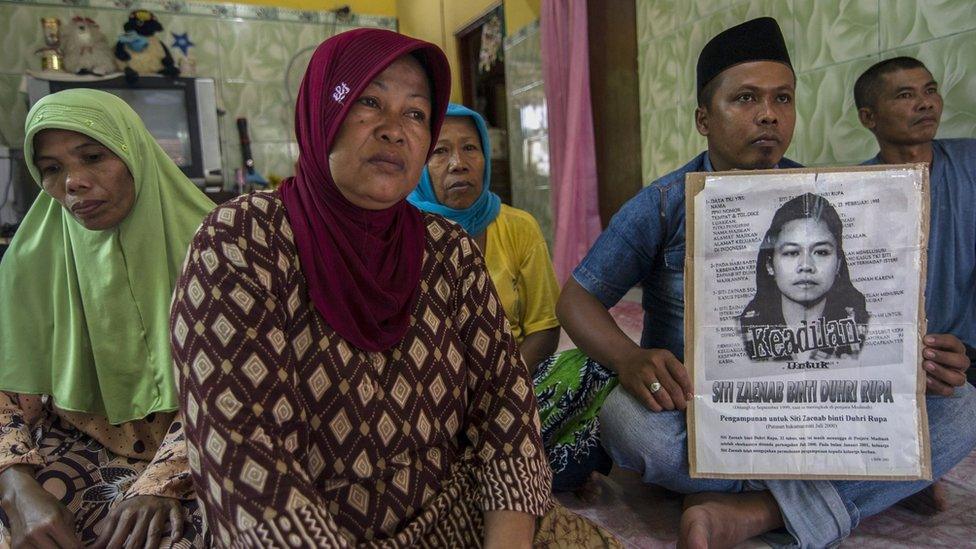
Siti Zainab was one of two Indonesian woman executed by Saudi Arabia in April 2015
A surge in the number of executions recorded worldwide saw more people put to death last year than at any point since 1989, Amnesty International says.
At least 1,634 people were executed in 2015, a rise of more than 50% on the previous year, the group found in its review of the use of the death penalty.
Iran, Pakistan and Saudi Arabia were responsible for 89% of the executions.
The total does not include China, where Amnesty said thousands more were likely killed but records were kept secret.
On the other hand, the group also noted that for the first time ever a majority of the world's countries had fully abolished the death penalty.
Fiji, Madagascar, Congo-Brazzaville and Suriname changed their laws in 2015, while Mongolia also passed a new criminal code that will take effect later this year.

Amnesty said China remained the world's top executioner. It estimated that thousands of people had been put to death and thousands of others sentenced to death in 2015.
It added that there were signs that the number of executions in China had decreased in recent years but the secrecy around the death penalty made that impossible to confirm for certain.
Iran executed at least 977 people in 2015 - the vast majority for drug-related crimes - compared with 743 the year before, according to Amnesty.
Those put to death, the group found, included at least four people who were under 18 at the time of the crime for which they had been convicted. This, it said, violated international law.
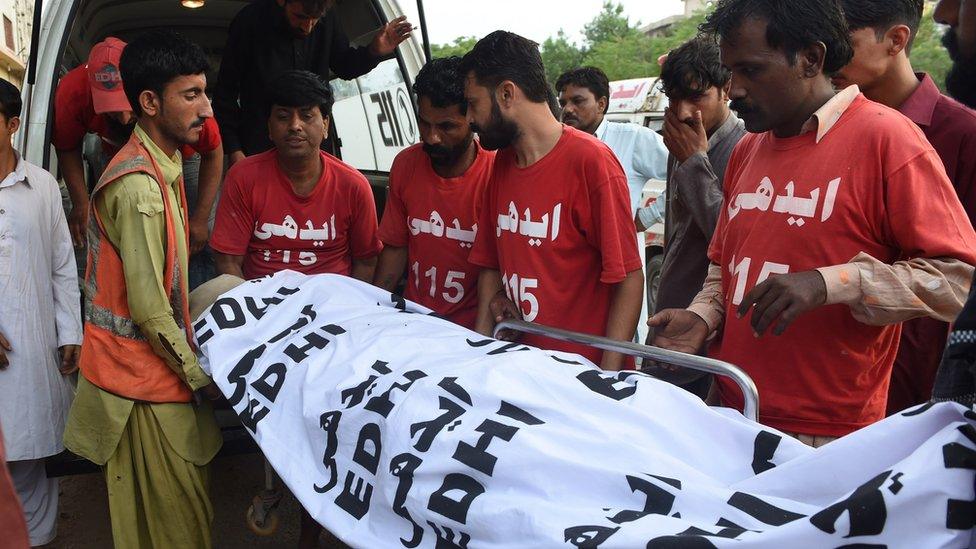
Pakistan lifted a moratorium on civilian executions in December 2014
Pakistan meanwhile continued what Amnesty described as a "state-sanctioned killing spree" that had started when a moratorium on civilian executions was lifted in December 2014.
At least 326 people were sent to the gallows last year, the highest annual total Amnesty has recorded for the country.
Executions in Saudi Arabia rose by 76% compared with 2014, with at least 158 people put to death, Amnesty said. Most were beheaded but the authorities also used firing squads and sometimes displayed bodies in public.
The US carried out the fifth highest number of executions last year but the total of 28 was the country's lowest since 1991.
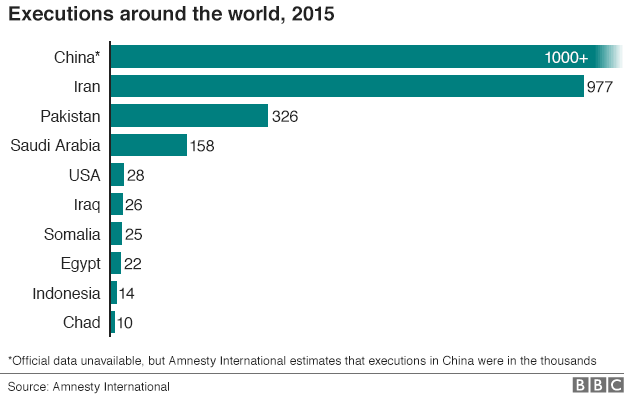
Amnesty also reported notable jumps in the number of executions recorded in some countries, including Egypt and Somalia, while at least six who had not put anyone to death in 2014 did so last year, among them Chad.
"The rise in executions last year is profoundly disturbing," said Salil Shetty, Amnesty's secretary general.
"Not for the last 25 years have so many people been put to death by states around the world.
"In 2015 governments continued relentlessly to deprive people of their lives on the false premise that the death penalty would make us safer."
Mr Shetty called for an end to the "slaughter".
- Published29 February 2016
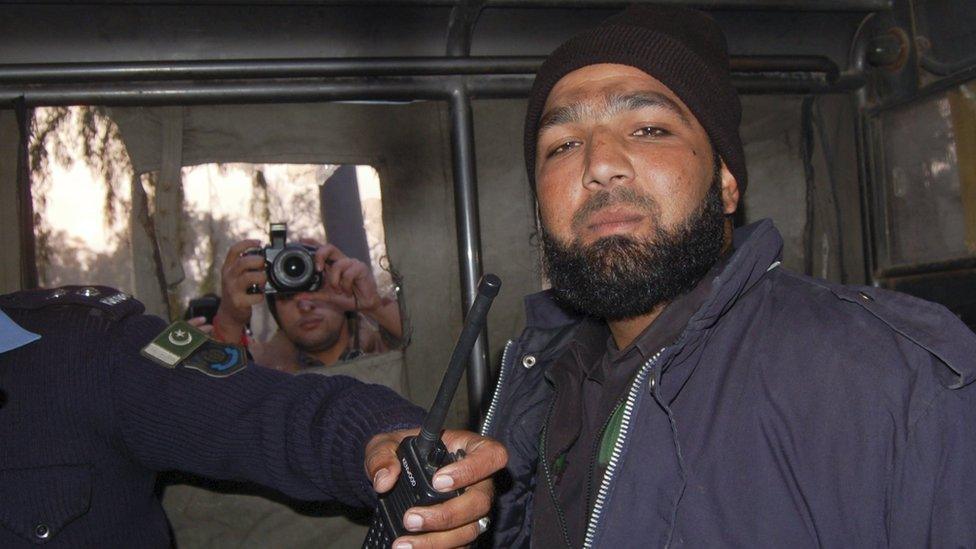
- Published2 January 2016
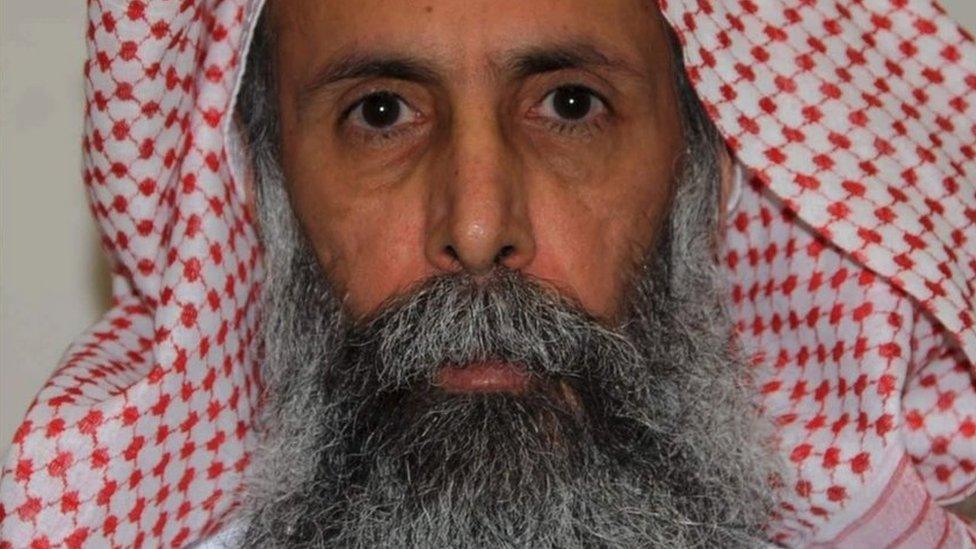
- Published16 December 2015
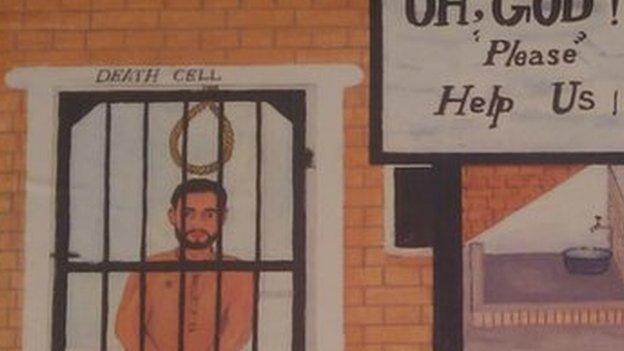
- Published4 December 2015
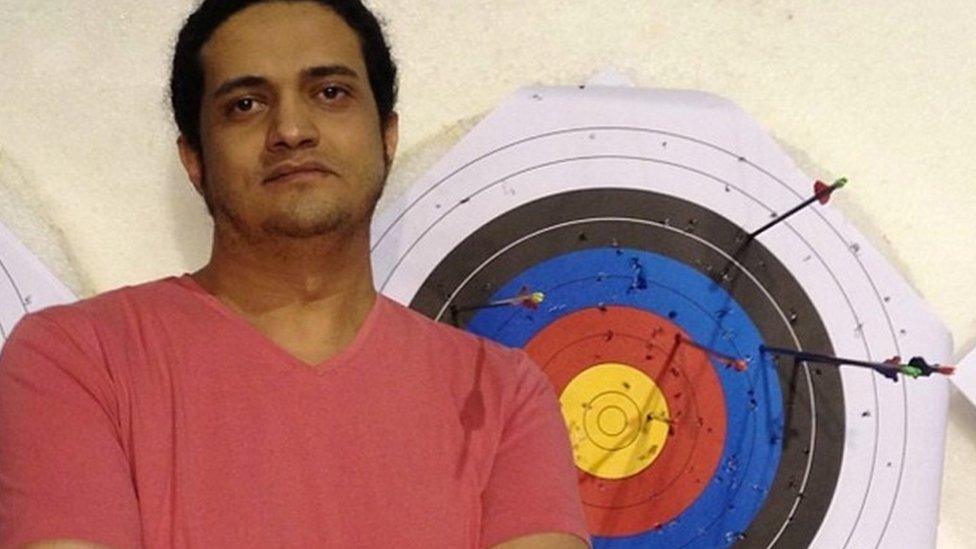
- Published23 July 2015
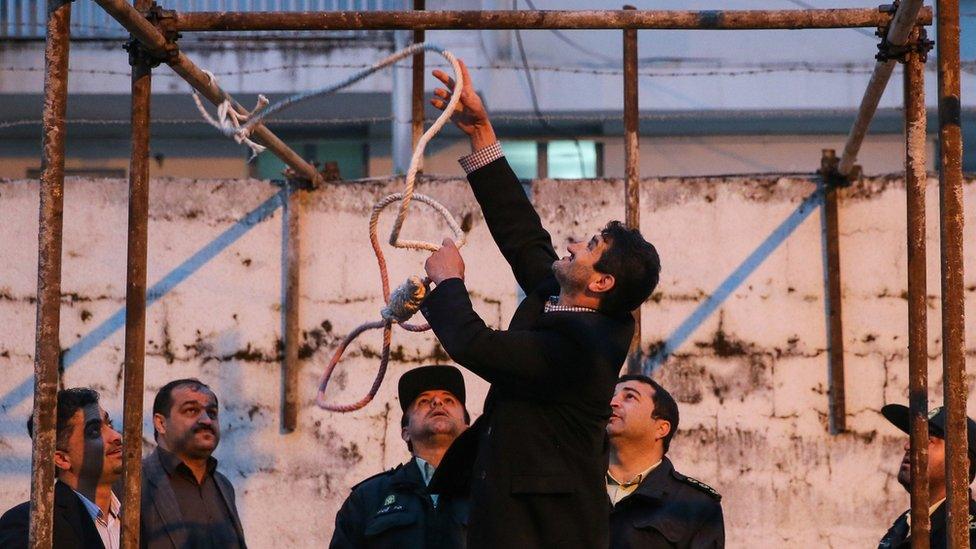
- Published12 May 2015
